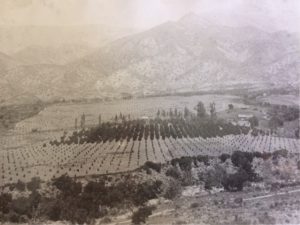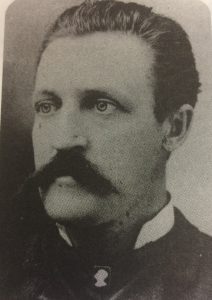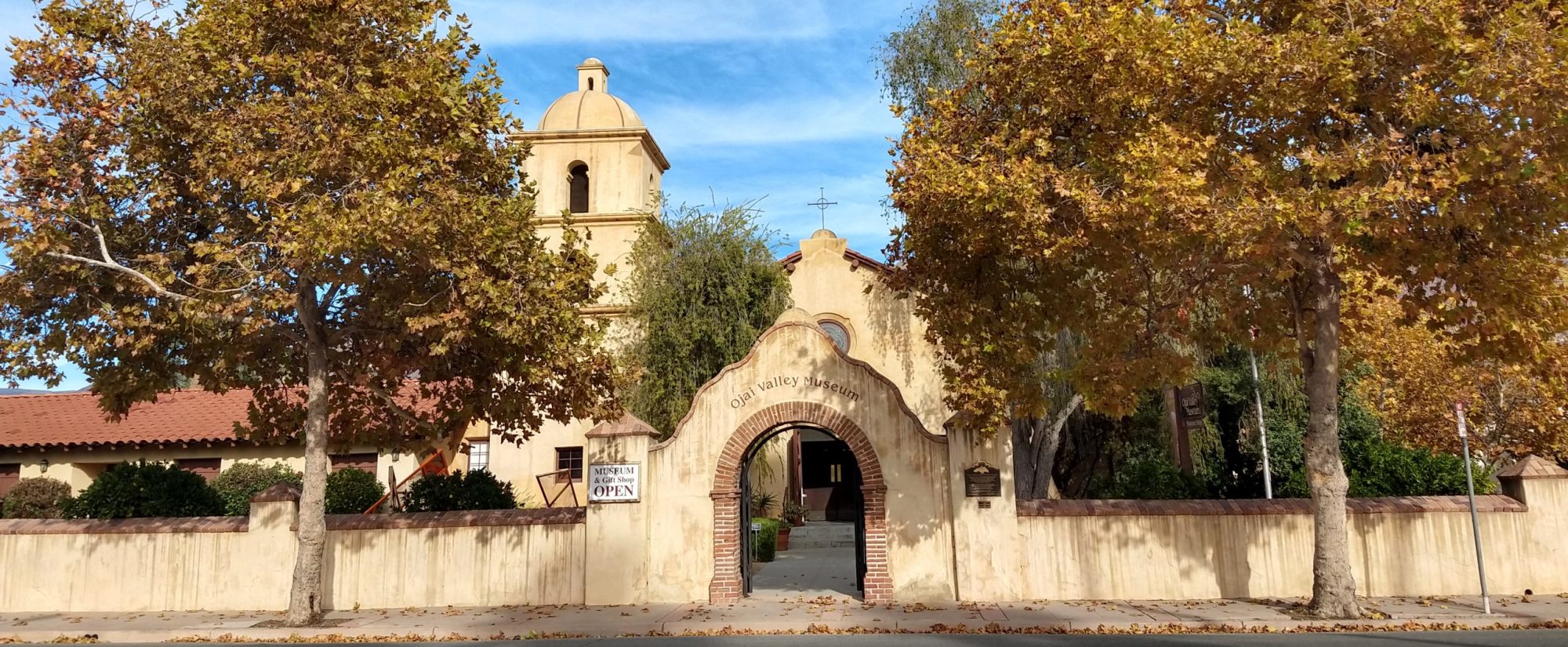This story came from W. W. Bristol’s book, “THE STORY OF THE OJAI VALLEY” which was published in 1946. It is assumed Bristol is the author of the story.
SINGULAR CHARACTERS
BY W. W. Bristol
Among the early settlers in the valley were many singular characters. Of these John Montgomery wrote very entertainingly.
There was a case in early days of a German nobleman stranded on the Lichtenberg ranch four miles from Nordhoff, who in desperation attempted to hatch eggs in the heat of the sun or by artificial heat long before incubators were invented.
To the same ranch came in 1874 two families who appeared as much out of place as the German baron, and so were objects of curiosity and criticism to the sparse country population. They were fresh from New York City and had pronounced city ways, and seemed wholly ignorant of everything pertaining to country life. As these people fill a place in history of the valley we will describe them. Col. Wiggins was a tall spare man of fifty years with a diminutive wife of twenty. His companion, Wiseman, was a stout hearty man of thirty with a refined, delicate, city wife and several children. He was the son of a rich druggist, and had lived, it was said, with both hands in the old man’s bags. After living sometime on the Lichtenberg ranch the two families separated, Wiggins going to Nordhoff while Wiseman squatted with his little family in the wild brush east of the Bennett place. A more unsuitable place for such people could not be found, and they had a hard time in their little clearing surrounded by dense brush, the home of wild animals and rattlesnakes, and a bear trap sunk in the earth not far from their little shanty. And there Wiseman sweat and bungled and blistered, hauling water from a distance, running in debt and waiting for paternal drafts the never came—’til one day his pistol went off, accidentally, when his wagon turned over into a barranca and poor Wiseman’s squat was once more open to homestead entry. He was the pioneer of that lower section now covered by orange groves and for this he finds a place in this sketch.
Col. Wiggins had in the meantime settled in Nordhoff. He purchased from Surdam the Nordhoff townsite and from Blumberg the hotel. He passed for a millionaire and had for a partner a member of the Louisiana legislature, a cotton merchant of New Orleans. Col. Wiggins was a man of much dignity of character as suited the man of military antecedents and had his own ideas of running a hotel. He treated his guests as if they owed him an apology, and the offense could not be condoned by their silent submission to a heavy board bill, consequently he soon had the house all to himself. In 1878 he joined his friend Wiseman in the shadowy land, and his disconsolate little widow shared her sorrows with a second husband in San Francisco. Thus passed away another of the Valley’s pioneers, and eccentric, but honest man.
Shortly after Wiggins’ demise the writer as owner of the hotel, received a visit from a strange lady who made the startling proposition to open an academy for young ladies in the building. She was a veteran in the business and highly recommended, and the establishment was to be first class. In a few weeks glowing circulars were scattered over California announcing the grand opening and detailing the various branches and strict rules of decorum, guaranteed moral safety and payment in advance. Four professors from San Francisco, loaded with accomplishments and burning to impart their knowledge, took charge of their departments. The doors were thrown open and only the presence of the sweet lady graduate was necessary to make everybody happy; but, alas, she came not, and a financial stringency in the local market brought things to a crisis and howls of despair. The rupture of a solitary greenback and its distribution among the professors assuaged their ruffled tempers, and under the leadership of the Professor of Oriental Literature they departed to luxuriate in a deck passage to San Francisco.
It has been said that Wiseman was the pioneer of the lower orange district of the valley, but S. S. Buckman had settled previously on the present Thacher place. This Buckman was a Vermonter who came to the county in 1872, and through his good looks and qualities secured the position of County Superintendent of Schools. Rambling in the wilds he discovered water in the canyon and concluded it could be utilized on the open land below. This would cost a heavy outlay; but he had an immense capital of pluck and courage. By hook and crook he constructed his long and costly flume and attacked the dense brush forest, fighting for every foot of clearing and planting the first citrus trees in the valley. He taught school in Nordhoff, worked at home Saturdays and planted on Sundays. Never a word of encouragement did he get from his neighbors, he was a crank in their estimation—a young Vermonter with a hobby.

It was a strange sight to see him as black as a chimney sweeper from the burning brush, ragged and soiled from hard work, and then glance at his framed diploma hanging from the bare wall bearing in Latin from far off “Monte Verdis” a guaranty of his classical attainments, such incongruity is seldom seen outside of California.

His efforts were crowned with a splendid competence which he did not long enjoy, for the deadly bullet of an assassin laid him low at San Francisco—another tragic ending of a valley pioneer.

The late Paul Harvey had a program “the rest of the story.” What would he have said about F. S. S. Buckman?